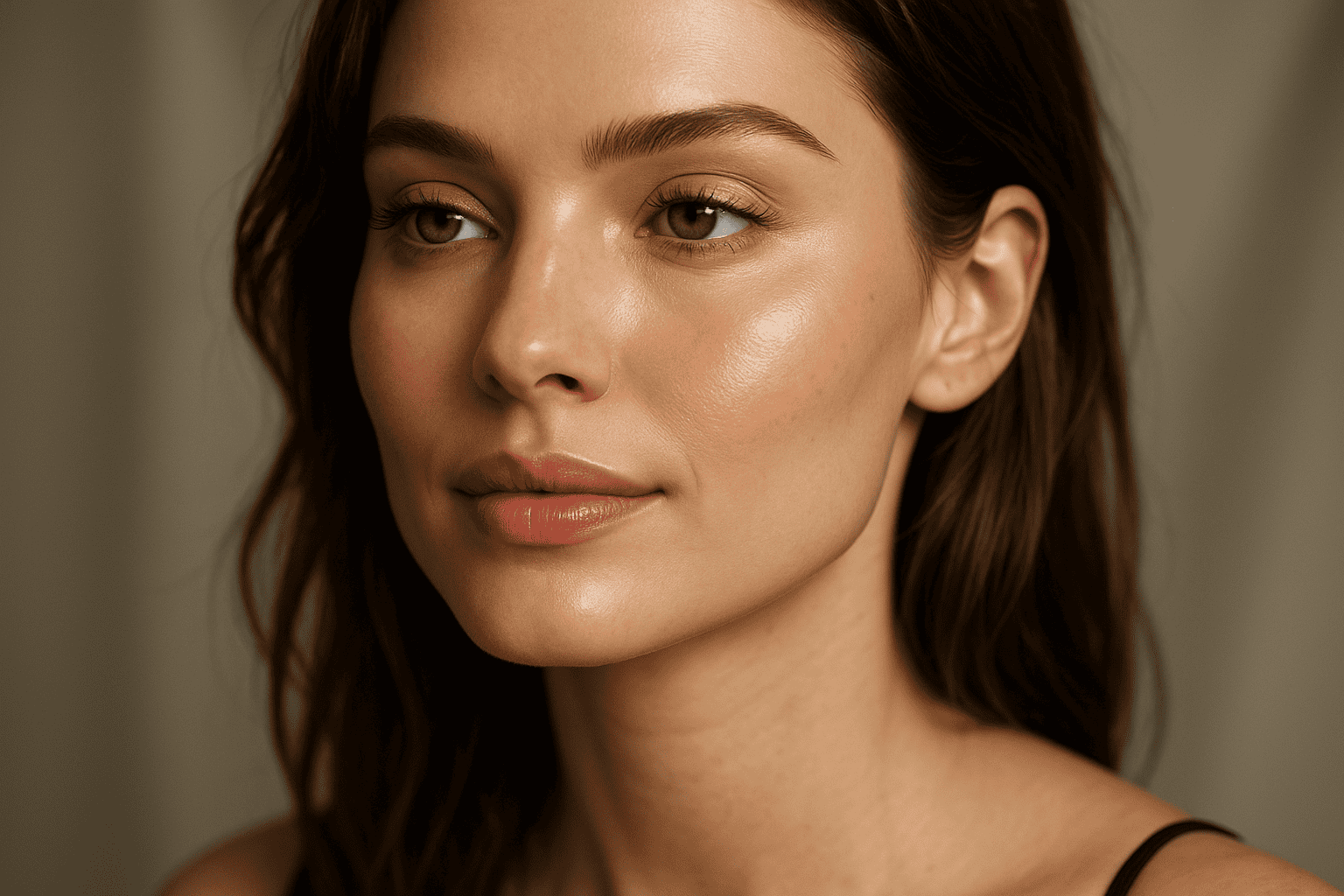
Full Body Lift Surgery: Complete Guide, Recovery, Results & Cost
Full body lift surgery is a comprehensive body contouring procedure designed to remove excess skin and reshape the body after […]
A youthful face is defined by soft contours, balanced proportions, and a subtle lift in the mid-face area. However, as […]

A youthful face is defined by soft contours, balanced proportions, and a subtle lift in the mid-face area. However, as we age, the natural fat pads in the cheeks begin to diminish, collagen production slows, and the skin gradually loses its elasticity. The result? A hollowed, tired appearance that makes the face look older than it feels.
Fortunately, dermal fillers for cheeks offer a safe, non-surgical solution to restore facial volume, rejuvenate contours, and bring back a naturally youthful look.
Cheek dermal fillers are injectable gels made primarily of hyaluronic acid (HA) — a naturally occurring substance in the skin that retains moisture and gives it volume. These fillers are designed to replace lost volume in the mid-face, enhance cheekbone definition, and subtly lift sagging skin.
Popular brands include Juvederm Voluma, Restylane Lyft, and Teosyal Ultra Deep, each formulated for different depths and levels of enhancement.
The procedure is performed by a trained medical professional and typically takes 20–30 minutes, with minimal downtime.
Hyaluronic acid fillers work by binding water molecules and creating a cushioning effect under the skin. Once injected strategically into the cheek area (malar and zygomatic regions), they provide instant volume and structural support, lifting the mid-face and softening smile lines.
Moreover, some fillers stimulate collagen production, helping the skin gradually regain its firmness and elasticity over time.
Restores facial balance and youthfulness
Lifts and supports sagging skin naturally
Softens nasolabial folds (smile lines)
Enhances cheekbone definition
Provides long-lasting yet reversible results
Unlike surgical cheek implants, which require incisions and recovery time, dermal fillers provide a non-invasive alternative that looks natural and allows for precise customization.
You can choose subtle enhancement or a more sculpted contour — and the treatment can be adjusted or dissolved if needed.
According to the American Society of Plastic Surgeons (ASPS, 2024), dermal filler injections have become one of the top five minimally invasive aesthetic procedures worldwide, thanks to their safety profile and immediate results.

The amount of dermal filler required for the cheeks depends on several factors, including:
The patient’s age and degree of volume loss
The desired result (subtle lift vs. sculpted contour)
The type of filler used (density and longevity)
The facial structure and symmetry
| Desired Result | Typical Filler Amount (per side) | Total Syringes |
|---|---|---|
| Subtle Enhancement | 0.5–1 ml | 1–2 syringes total |
| Moderate Lift & Contour | 1–2 ml | 2–4 syringes total |
| Full Volume Restoration | 2–3 ml | 4–6 syringes total |
Most practitioners recommend starting conservatively, as additional filler can be added gradually in follow-up sessions for optimal symmetry and naturalness.
Consultation and Facial Assessment
A qualified aesthetic doctor evaluates facial anatomy, symmetry, and skin condition to determine the injection sites and filler type.
Preparation and Numbing
A topical anesthetic or numbing agent is applied to ensure comfort. Many fillers also contain lidocaine, reducing discomfort during injection.
Injection Technique
The filler is carefully injected using fine needles or cannulas into strategic points of the mid-face — typically the zygomatic arch (cheekbone) and malar fat pad.
Shaping and Balancing
The injector may gently massage the area to evenly distribute the filler and sculpt a smooth, natural contour.
Immediate Results
Patients can see visible improvement immediately, though slight swelling or redness may occur for 24–48 hours.
Longevity depends on the type of filler used and individual metabolism.
Hyaluronic Acid Fillers (Juvederm, Restylane): Last 9–18 months
Calcium Hydroxylapatite (Radiesse): Last 12–24 months
Poly-L-Lactic Acid (Sculptra): Stimulates collagen, lasts up to 2 years
Regular maintenance every 12–18 months helps preserve results and prevents volume loss from returning.
Dermal fillers for cheeks are generally safe when administered by a certified professional. Common, temporary side effects include:
Mild swelling, redness, or tenderness
Slight bruising at the injection site
Serious complications such as infection or vascular occlusion are extremely rare but underscore the importance of choosing an experienced injector.
According to Harvard Health Publishing (2023), most adverse events are preventable through proper technique and anatomical knowledge of the facial vascular system.
For a complete rejuvenation plan, cheek fillers are often combined with:
Botox – to relax dynamic wrinkles
Skin boosters (Profhilo, Rejuran) – to improve texture and hydration
Laser or RF treatments – to tighten and brighten the skin
This combination approach enhances both volume and skin quality, delivering a refreshed, natural appearance.
The price of cheek dermal fillers varies by country, brand, and injector expertise.
In the Middle East region (Turkey, Iran, UAE), the average price ranges:
| Country | Average Price (Per Syringe) | Typical Total (2–4 syringes) |
|---|---|---|
| Turkey | $200–$350 | $400–$1,200 |
| Iran | $150–$300 | $300–$1,000 |
| UAE (Dubai) | $300–$500 | $600–$2,000 |
The key to beautiful cheek filler results lies in proportion and restraint.
Overfilling the mid-face can distort harmony, whereas subtle volume replacement highlights natural bone structure.
As Dr. Jean Carruthers, a pioneer in facial aesthetics, once said:
“The best aesthetic result is one that no one can tell has been done — only that you look fresher, balanced, and confident.”
American Society of Plastic Surgeons (ASPS). Soft Tissue Fillers Trends and Safety Update, 2024.
Harvard Health Publishing. What to Know Before Getting Dermal Fillers, 2023.
Goodman G. et al. Facial Volume Restoration Using Hyaluronic Acid Fillers. Aesthetic Surgery Journal, 2022.
International Society of Aesthetic Plastic Surgery (ISAPS). Global Aesthetic Statistics, 2023.
Carruthers A., Carruthers J. Modern Approaches to Facial Aesthetics: Fillers and Neurotoxins. Elsevier, 2021.
Cheek dermal fillers are one of the most effective ways to restore facial volume, enhance contours, and achieve a natural lift—all without surgery.
When performed by a qualified professional, the results are subtle, long-lasting, and confidence-boosting.
Whether you’re looking for a refreshed, youthful appearance or simply wish to rebalance your facial proportions, dermal fillers offer a customizable, minimally invasive path to timeless beauty.
Summary